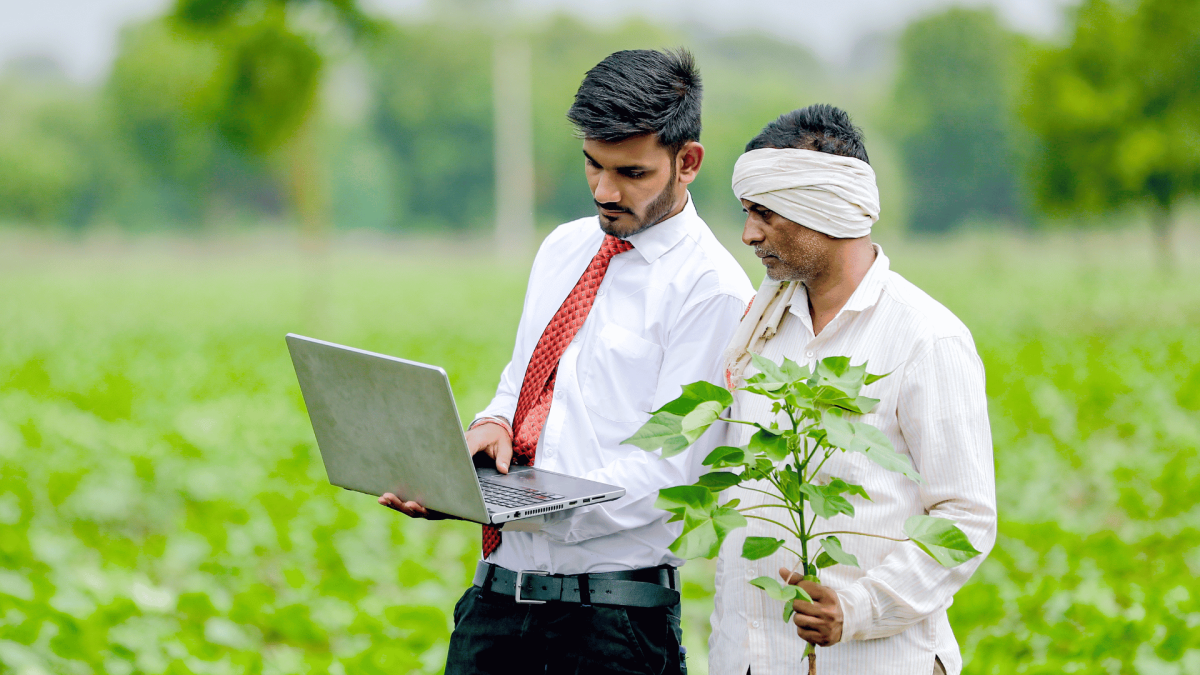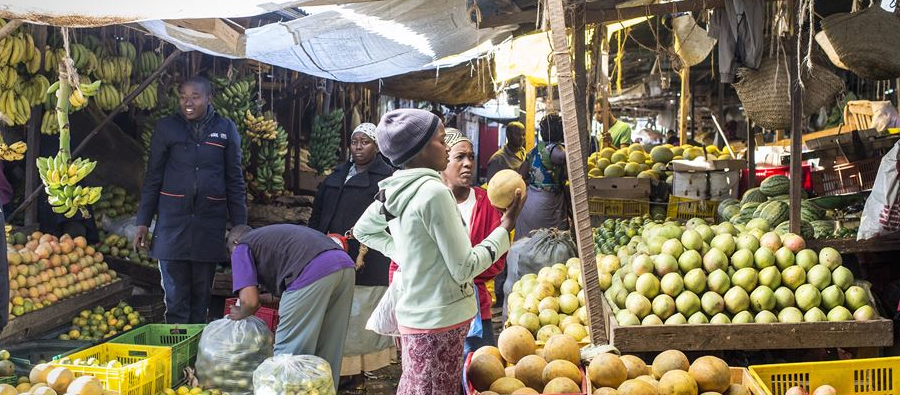The global energy crisis aggravated by Russia’s invasion of Ukraine in February 2022 sent food prices, animal feed prices and chemical fertiliser prices skyrocketing. However, this was a blessing in disguise, sparking the desire of farmers to grow sustainable food without needing expensive inputs. The price hike specifically urged rural youth to produce animal feed locally, instead of relying on costly imports.
To support start-up enterprises to survive the often difficult early years, Access Agriculture has pioneered an innovative knowledge exchange model. This approach gives rural youth in agriculture access to video libraries to become private extensionists. These young people, called Entrepreneurs for Rural Access (ERAs), enable farming communities to learn about agroecology from fellow farmers across the Global South.
The Young Changemakers book
Through its innovative knowledge exchange model, Access Agriculture hosts the world’s largest collection of quality learning videos on agroecology and entrepreneurship for smallholder farmers and rural youth: more than 270 videos in over 100 languages. From 2019 to 2024, along with its partners, the organisation has equipped more than 120 ERA teams in India and 17 African countries, building their digital skills and providing coaching.
To collect the success stories of each of the ERAs that were trained, Access Agriculture developed the Young Changemakers book to document their wide range of experiences.
While some ERAs left school early, others graduated from the university. Some grew up on farms whereas others had no previous agricultural experience. Some were already running a small business while others worked as teachers or trainers at local NGOs. All of these ERAs have lived through the crises of the last few years.
Success stories from rural youth
Many ERAs combine advisory services with other businesses, such as selling agroecological farm inputs. Others run organic farms, process food or deliver it to consumers. In Egypt, some of the ERAs showed videos that helped rural women take up poultry farming, Azolla feed production, cheese making and cooking traditional meals as small businesses.
In Rwanda, for instance, Jackson Karara was already running a business to produce hydroponic fodder but struggled to expand his market. In less than two years after having become an ERA, he was able to create a nationwide demand for training and fodder by showing videos on the topic. In four greenhouses and without any chemical fertilisers, he produces 55 tons of hydroponic fodder per week. His team has also trained farmers to grow their own hydroponic fodder.
Rural youth empowering rural women
In India, ERA teams tap into women’s self-help groups to empower tribal communities. Equipped with projectors and new skills, they run bio-resource centres, promote natural farming and support young women to set up highly diverse nutri-gardens to provide food and income throughout the year.
Additionally, ERAs in Uganda and India sell mushroom spawns or cassava cuttings to enable rural women to set up their own farms. In Zambia, Zaali Nakalonga produces and sells liquid organic fertiliser. Rebecca Akullu trains child mothers in Uganda to become beekeepers. Happy Mbewe secured rights for youth to place their beehives in local forests, while his team has also set up various community-managed tree nurseries in southern Malawi to address deforestation.
Learning from their success
Most of the cases that were selected for the book have been running for at least three years. The diverse stories captured testify to the creativity and drive of young people who want to live in and help their home communities.
Check out the full book of Young Changemakers here.



